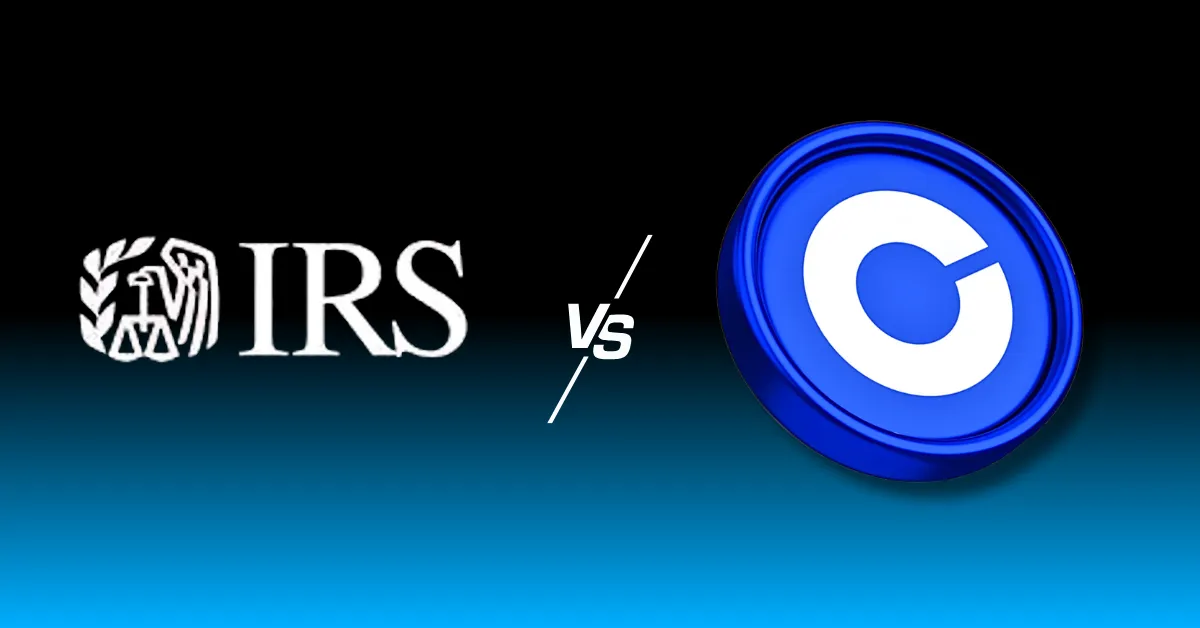
The U.S. government is urging the Supreme Court to dismiss a legal challenge from James Harper, a Coinbase user who claims the IRS violated his constitutional rights by accessing his crypto transaction data. The case touches on a broader debate: do Americans have a right to privacy when it comes to their crypto activity?
This dispute traces back to a 2016 investigation, where the IRS suspected widespread underreporting of crypto-related income. As part of its probe, the agency issued a court-approved summons to Coinbase, requesting information on high-volume users—including Harper.
The IRS has since argued that such records are crucial in enforcing tax compliance and identifying unreported gains in the fast-evolving crypto space.
Harper contends that the IRS violated his Fourth Amendment rights, which protect U.S. citizens from unreasonable searches and seizures. His legal team argues that obtaining detailed financial data without individual suspicion constitutes government overreach into personal digital finance.
Legal analysts note that this case could become a landmark in defining digital financial privacy. “The Fourth Amendment was written before the internet, but its spirit is very much alive in cases like this,” one privacy attorney told [news source].
In a recent filing, Solicitor General D. John Sauer responded that Harper voluntarily provided his data to Coinbase, and therefore waived any reasonable expectation of privacy.
The government pointed to legal precedents like U.S. v. Miller, which held that financial data held by third parties—such as banks—do not receive the same constitutional protections. Coinbase’s user agreement, the filing argues, also clearly states that the company may cooperate with law enforcement when required.
So far, lower courts have sided with the IRS, viewing Coinbase’s records as business data rather than private papers. If the Supreme Court agrees, it could effectively give the green light for broader government access to user data stored on crypto platforms.
Legal takeaway: A ruling in favor of the IRS could set a precedent that weakens digital privacy protections for millions of crypto users in the U.S., not just those suspected of wrongdoing.
While this case may seem narrow, its implications could be broad and long-lasting. At its heart is a fundamental question: does the U.S. Constitution protect crypto financial records the same way it does your personal files and papers?
With the Supreme Court yet to weigh in, the future of digital privacy in crypto hangs in the balance.
Yes. The IRS can obtain user data via a court-approved summons, as third-party records have limited privacy protections.
The government argues users have no privacy rights over data shared with third-party platforms like Coinbase.
Possibly. A ruling favoring the IRS could broaden government access to user data on crypto platforms, impacting digital privacy.
Mantle’s (MNT) price has been displaying some of the strongest bullish actions since the start…
Cryptocurrency investors are buzzing about Ruvi AI (RUVI), a blockchain project that’s setting itself apart…
The U.S. Securities and Exchange Commission (SEC) has issued updated guidelines classifying stablecoins. It has…
June 27, 2025 – R0AR, a decentralized protocol for privacy-preserving reputation and verifiable participation, has…
The White House is gearing up for a new executive order that could fine banks…
Litecoin has risen from the shadows of consolidation to lead the altcoin charge. Which hodlers…